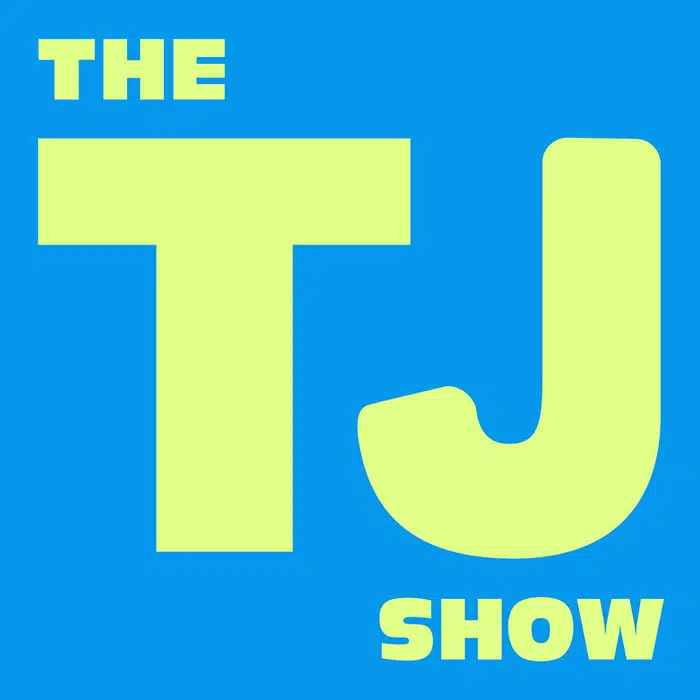LONDON (Reuters) – Ukrainian and European officials pushed back this week against some U.S. proposals on how to end Russia’s war in Ukraine, making counterproposals on issues from territory to sanctions, according to the full texts of the proposals seen by Reuters.
The sets of proposals from talks between U.S., European and Ukrainian officials in Paris on April 17 and in London on April 23 laid bare the inner workings of the shuttle diplomacy under way as U.S. President Donald Trump seeks a quick end to the war.
The primary areas of difference in the two texts are over the sequencing for resolving questions over territory, the lifting of sanctions on Russia, security guarantees and the size of Ukraine’s military.
While some of the divergences have been highlighted by sources close to the talks, the documents seen by Reuters set out for the first time the differences in full and explicit detail.
The first text reflects the proposals communicated by Trump’s envoy Steve Witkoff to European officials in Paris that were in turn passed to the Ukrainians, according to sources close to the talks. U.S. Secretary of State Marco Rubio described the proposals as a “broad framework” to identify differences between the sides.
The second text emerged a week later from talks between Ukrainian and European officials in London and has been given to the American side, the sources said.
President Volodymyr Zelenskiy said on Thursday that he thought a document with proposals that emerged from Wednesday’s talks in London was now on Trump’s desk.
The diplomacy is the most concerted effort to stop the fighting since the first months of Russia’s invasion in February 2022. Moscow’s forces now control nearly a fifth of Ukraine.
On territory, the Witkoff proposals called for de jure U.S. recognition of Russia’s control over Crimea, the Ukrainian peninsula Moscow seized and annexed in 2014, plus de facto recognition of Russia’s hold on areas of southern and eastern Ukraine that Moscow’s forces control.
In contrast, the European and Ukrainian document defers detailed discussion about territory until after a ceasefire is concluded, with no mention in the document of recognising Russian control over any Ukrainian territory.
On Ukraine’s long-term security, the Witkoff document states Ukraine will have a “robust security guarantee” with European and other friendly states acting as guarantors. It gives no further detail on this but says Kyiv will not seek to join NATO.
The rival document is more specific, stating there will be no limits on Ukrainian forces and no restrictions on Ukraine’s allies stationing their military forces on Ukrainian soil — a provision likely to irk Moscow.
It proposes robust security guarantees for Kyiv including from the United States with an “Article 5-like agreement”, a reference to NATO’s mutual defence clause.
On economic measures, the Witkoff proposals say that sanctions in place on Russia since its 2014 annexation of Crime will be removed as part of the deal under discussion.
The counterproposals say there will be “a gradual easing of sanctions after a sustainable peace is achieved” and that sanctions can be re-instated if Russia breaches the terms of the peace deal.
The European and Ukrainian document also proposes Ukraine receives financial compensation for damage inflicted in the war from Russian assets abroad that have been frozen. The Witkoff text says only that Ukraine will be compensated financially, without giving the source of the money.
(Reporting by Reuters, Editing by Timothy Heritage)






Comments